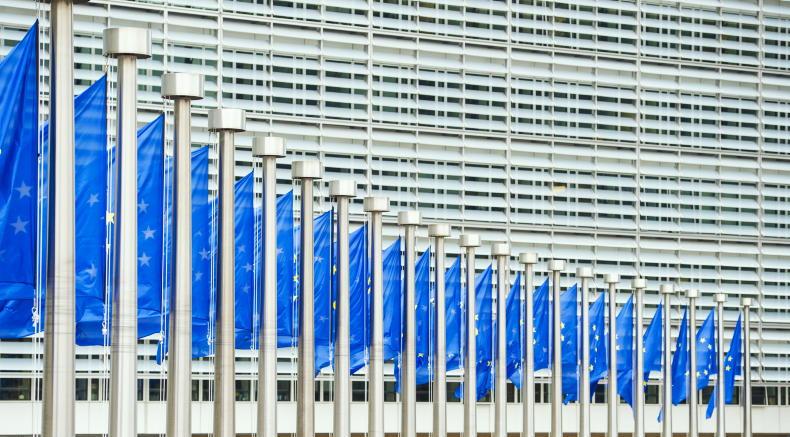With the appointment of a Luxembourger as EU Agricutural Commissioner, the succession of eastern Europeans occupying the post has come to an end at least for the moment.
We shouldn’t regret its passing. Both Janusz Wojciechowski and the Romanian Dacian Ciolo? showed little understanding of either Irish agricuture or the broader Irish economy in which Irish farmers have to operate.
We are accustomed in an EU context to comparing ourselves with France, but in fact at this stage we are more comparable to Luxembourg. We have the two highest minimum wage rates in Europe. We are the first and second in terms of national GDP per head and are right at the top of the European league when cost of living figures are looked at.
Distorted
We may say that GDP figures are distorted by the multinational sector’s artificially calculated contribution, but there is nothing artificial about the surge in tax revenues we have seen in this year’s budget arithmetic, and there is no disputing the surge in employment and population and the attendant pressures on housing and rents.
From a farming viewpoint, it’s very clear that the key fundamental is market access for our products, but the cost of production is clearly higher in Ireland than elsewhere because of our demonstabably high-cost economy.
This begs the question – what is an appropriate level of State aid for our farming sector? The whole TAMS system, as well as the protein supplement for beans is an acknowledgment that State aids have a role, but so far these have been piecemeal and not part of a developed policy.
With the changes in Brussels, now is the time to take a more developed view of what is the appropriate mix of Irish and EU policy to encourage generational renewal in Irish farming and to attempt to copperfasten Irish farm incomes relative to off-farm earnings.
Luxembourg faces the same dilemma, except the country is much smaller and its agricutural sector less export focused, but with an agricutural commissioner from that country, we should find a much more understanding attitude to Ireland’s particular needs than was the case over the last decade.






 This is a subscriber-only article
This is a subscriber-only article










SHARING OPTIONS: